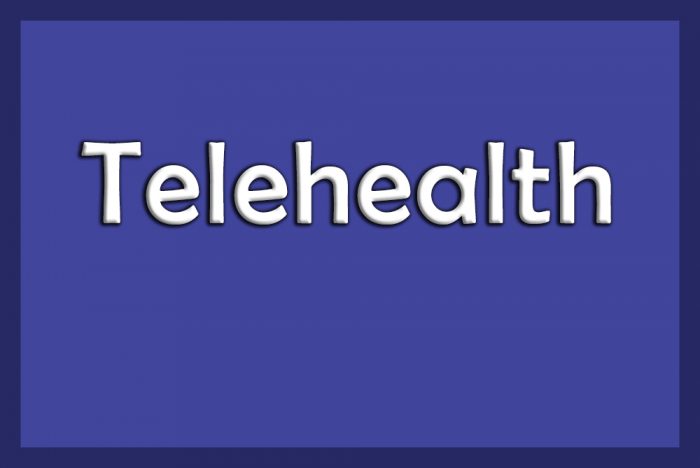Despite opposition and concerns from substance use disorder (SUD) treatment providers, single county authorities, primary contractors, and behavioral health managed care organizations, the Pennsylvania Department of Drug and Alcohol Programs (DDAP) will begin licensing telehealth-only SUD treatment providers.
DDAP will issue a licensing alert on Wednesday, December 4, detailing the new licensure category.
Organizations newly licensed under this tele-only category will be able to provide intake, evaluation, and referral services, as well as outpatient treatment, including partial hospitalization services, via telehealth only, without a physical plant location in Pennsylvania.
DDAP’s intention in licensing telehealth-only providers is to hold them to the same standards as facility-based providers as a way to ensure equity and maintain operational standards. DDAP will continue to monitor complaints and unusual incidents for all licensed providers, as well as the number of telehealth-only license applications that are made over time, looking for any trends that could require additional action.
RCPA and its provider members opposed creation of the new license, citing patient safety and quality concerns, as well as potential erosion of the community-based provider system. RCPA hosted DDAP for a discussion about its concerns, met one-on-one with the department, and provided written feedback to DDAP. In addition, RCPA met with the governor’s Policy Office, to discuss provider concerns.
DDAP will attend RCPA’s next SUD Committee meeting at 11:00 am on Tuesday, December 10. RCPA has asked DDAP to discuss the new license category. RCPA members wanting to attend this meeting can register here.

















